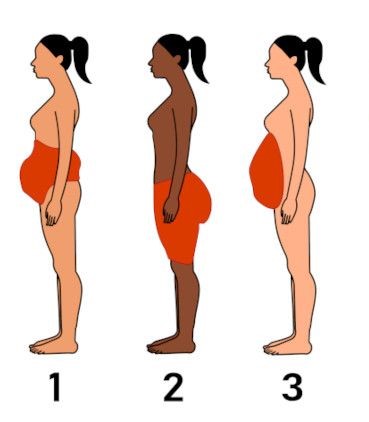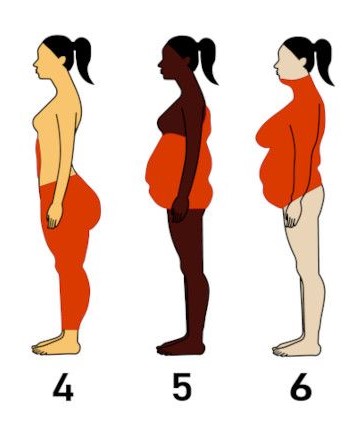Obesity is a condition in which a person accumulates excess body fat, which can have negative consequences for health. Obesity is usually measured by the body mass index (BMI), which takes into account a person's weight and height. Individuals with a BMI value above 30 are considered obese.
Preventing and treating obesity involves a combination of dietary changes, increased physical activity, and support from healthcare professionals. It is important to approach obesity as a complex issue that requires a comprehensive approach to health. Our highly educated collaborators at Full Fit can assist you with a detailed exercise, nutrition, and supplementation plan.
Breathing problems - Obesity can lead to breathing problems, including sleep apnea, where a person temporarily stops breathing during sleep.
Joint problems - Excess body weight can exert additional pressure on joints, especially on knees and hips, leading to osteoarthritis.
Mental health - Obesity can also affect mental health, resulting in reduced self-confidence, depression, and anxiety.
Cancer - Some types of cancer, including breast, colon, and prostate cancer, are linked to obesity.
Liver problems - Obesity can cause a fatty liver, which may lead to more serious liver issues such as cirrhosis.
Reproductive health problems - Obesity can impact reproductive health, including infertility and an increased risk of complications during pregnancy.




Obesity can have serious health consequences
Cardiovascular problems - Obesity increases the risk of heart diseases, including hypertension (high blood pressure), atherosclerosis (accumulation of fatty deposits on artery walls), and heart attack.
Diabetes type 2 - Obesity is associated with an increased risk of developing type 2 diabetes because fatty deposits can interfere with the normal functioning of insulin, the hormone that regulates blood sugar levels.
